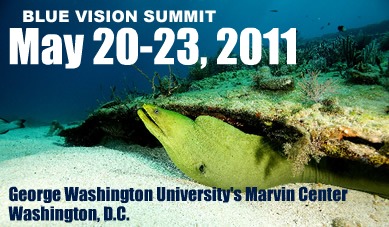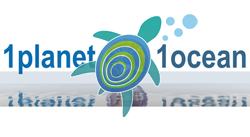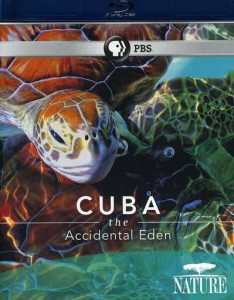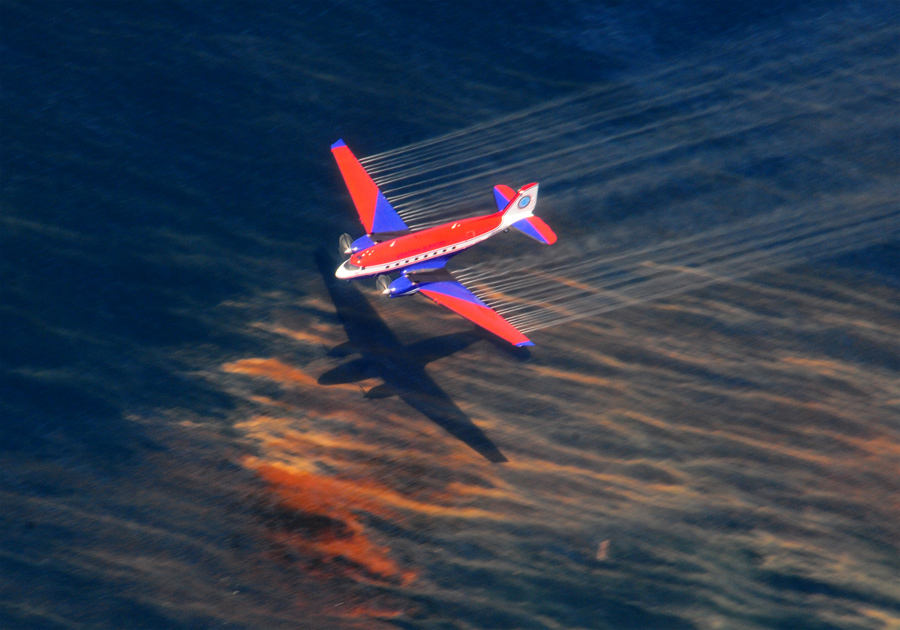2011 Blue Vision Summit
 Join the Blue Frontier Campaign and members of the national and international marine community at the 2011 Blue Vision Summit as the oceans community comes together again to raise its profile and work towards the enactment and enforcement of national ocean policy, addressing climate change impacts and Gulf restoration. Recent setbacks in our efforts for healthy seas such as the oil spill in the Gulf of Mexico and on-going and growing concerns over the collapse of marine wildlife and ocean acidification reinforce the importance and timeliness of this event. Read more
Join the Blue Frontier Campaign and members of the national and international marine community at the 2011 Blue Vision Summit as the oceans community comes together again to raise its profile and work towards the enactment and enforcement of national ocean policy, addressing climate change impacts and Gulf restoration. Recent setbacks in our efforts for healthy seas such as the oil spill in the Gulf of Mexico and on-going and growing concerns over the collapse of marine wildlife and ocean acidification reinforce the importance and timeliness of this event. Read more









 BERING SEA, Alaska — On August 1, 2007, Kenneth Lowyck took his tiny sub to one of the expedition’s “shallower” dives, to about 700 feet into the Bering Sea’s Pribolof Canyon, where he extended the sub’s manipulator arm and collected rock containing a tiny, unassuming white sponge. Months later, there would be no doubt: This was a new species, named Aaptos kanuux, the word “kanuux” being the Aleut word for “heart,” in honor of the Bering Sea’s canyons, considered to be the heart of the Bering Sea. It was the first time the genus Aaptos has ever been documented in the Bering Sea. The discovery comes on the heels of Earth Day and will likely herald future announcements of new species discovered during last summer’s
BERING SEA, Alaska — On August 1, 2007, Kenneth Lowyck took his tiny sub to one of the expedition’s “shallower” dives, to about 700 feet into the Bering Sea’s Pribolof Canyon, where he extended the sub’s manipulator arm and collected rock containing a tiny, unassuming white sponge. Months later, there would be no doubt: This was a new species, named Aaptos kanuux, the word “kanuux” being the Aleut word for “heart,” in honor of the Bering Sea’s canyons, considered to be the heart of the Bering Sea. It was the first time the genus Aaptos has ever been documented in the Bering Sea. The discovery comes on the heels of Earth Day and will likely herald future announcements of new species discovered during last summer’s